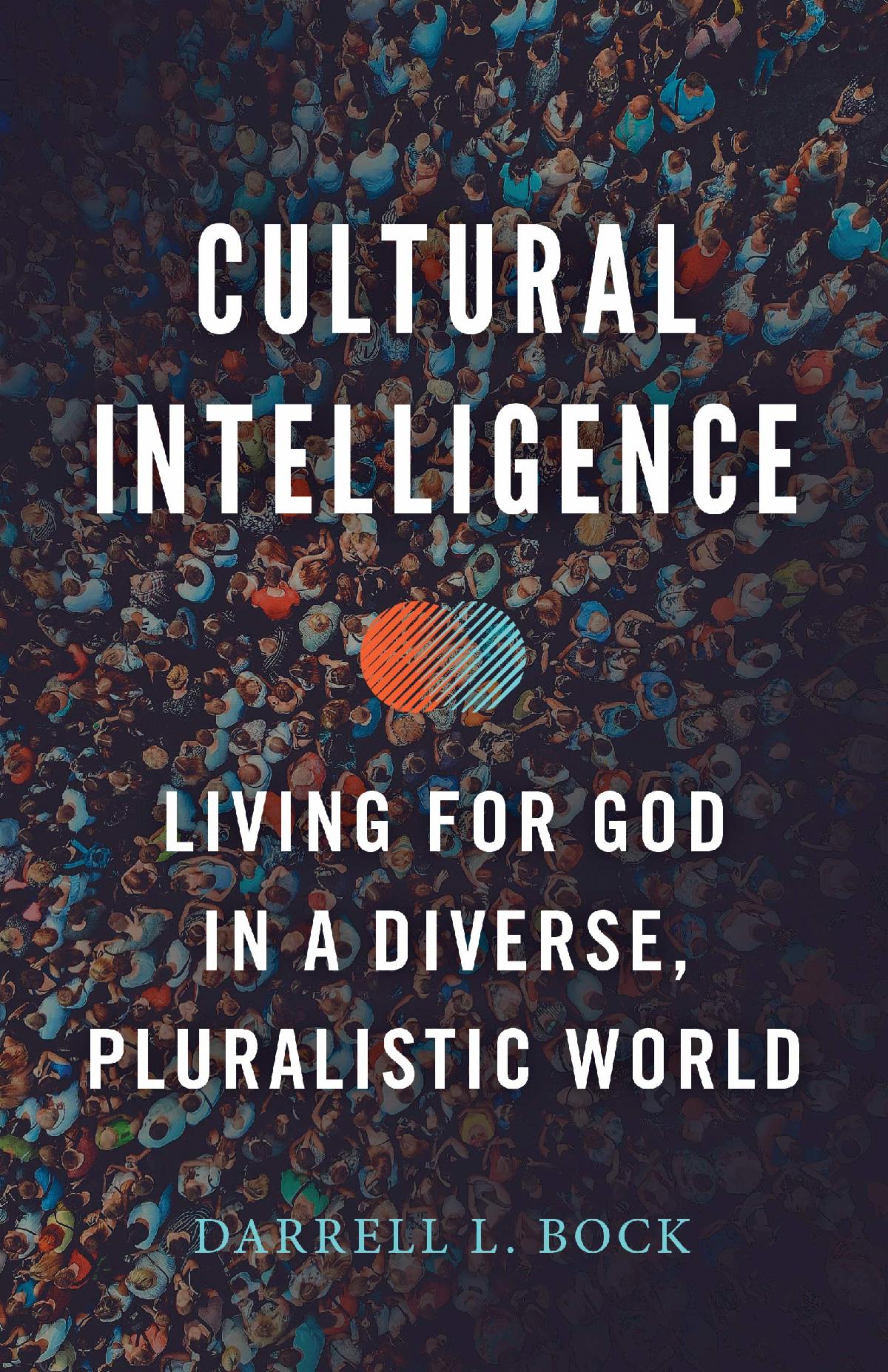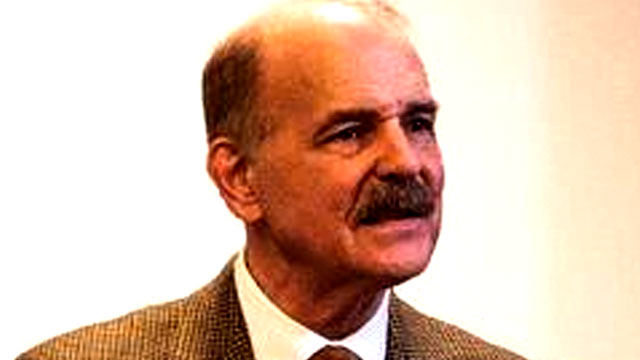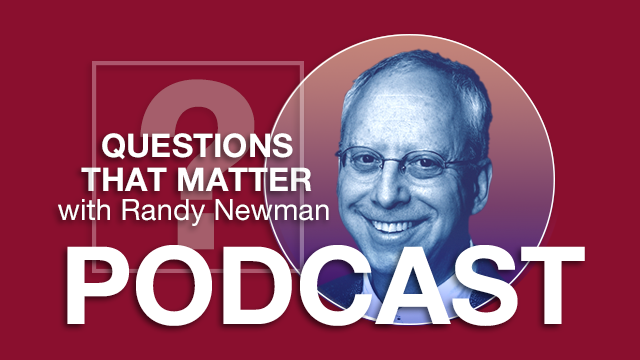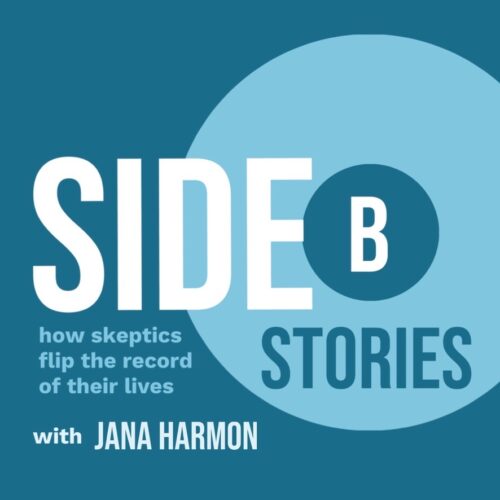Back to series
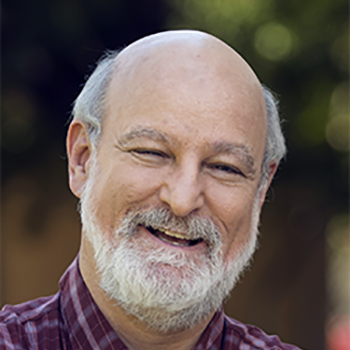

Cultural Intelligence: Living for God in a Diverse and Pluralistic World
Cultural intelligence requires that we understand the changing world around us and engage these changes in ways that edify the church and winsomely seek after the lost. In Cultural Intelligence, Darrell L. Bock builds a theology of cultural engagement and equips readers to relate well to their culture with an eye on the example set by Paul in the New Testament. This timely book highlights the need to center our beliefs and practices around God’s Word while interacting effectively with a contour that is increasingly detached from the biblical truth.
Cultural Intelligence Living for God in a Diverse, Pluralistic World Cultural intelligence requires that we understand the changing world around us, and engage these changes in ways that edify the church and winsomely seek after the lost. In Cultural Intelligence, Darrell L. Bock builds a theology of cultural engagement, and equips readers to relate well to their culture with an eye on the example set by Paul in the New Testament. Click here for more information.
Additional Resources
Over the past 46 years we have developed many publications, discipleship resources, videos, and tools to help you to grow in your faith. We hope you will take the time to look through them. Because you were interested in this event we have pulled together the following resources that we believe will be of interest to you.
Knowing & Doing Articles
If there is something common in all of us, it is our deep need for acceptance and love, for meaning and fulfillment in life, and to know what is true and real. Yet we’ve all seen many flatly reject God even though He is, and can be shown to be, the source of all we desire...
Evangelism has never been easy. But I’m convinced it has become more difficult in our current day, when Christianity is viewed as intolerant, homophobic, antidiversity, anti-intellectual, antiscience, and just plain harmful. For a society that wants to progress toward inclusion and tolerance, Christians seem “on the wrong side of history"...
If we want to be faithful in communicating the gospel to those who do not share our Christian convictions, we must know whom we are talking to. This is so important because we cannot make the assumption that any two religious skeptics or atheists are the same...
So you want to read the Bible. You believe that reading and understanding the Bible is essential to the Christian life, so you want to read it well. You want to listen to what it has to say to you because you believe that God speaks through it. This is the last of a series of four articles written to help you read God’s Word with profit...
My aim is simple: I want to make the case that overlooking atheism’s appeal constitutes a serious strategic mistake for those of us who want to discuss the gospel with skeptics. Christians are frequently accused of wishful thinking, of taking shelter from reality behind the walls of the church...
So, you’ve got Jewish friends and you want to talk to them about Jesus... But something is holding you back. Perhaps you’re afraid you’ll spoil the friendship. Or perhaps you feel guilty that some Christians have treated some Jewish people poorly in the past. Or maybe you just don’t know your Old Testament as well as you’d like, and you’re afraid they’ll out-quote you...
The command to “go … and make disciples of all nations” (Matt. 28:19) is one that most Bible-believing Christians hold dear, whether they personally practice it or not. Unfortunately, it is not always well understood...
Whether we realize it or not, we all have certain priorities in life. Some things are more important to us than others. And those that are the most important shape our lives in significant ways. This is as true for the day laborer as it is for the corporate executive. Have you ever examined your life with a view toward understanding your priorities?
Last year the Pew Forum on Religion and Public Life published a major study on religious affiliation, beliefs, and practices in the United States... Perhaps the most surprising finding of the study was that 56 percent of all evangelical Christians believe that there are many paths, other than faith in Christ, to God and eternal life...
The most important issue for the culture and the church in the 21st century is the issue of truth. There has been a widespread abandoning of the idea of universal or absolute truth from numerous segments of the culture. Secular relativists, New Age, neo-pagan, and postmodern thinkers all assault by argument or accusation those who claim any certainty about truth...
Although C.S. Lewis (1898-1963) lived before the full flowering of postmodernism, some of its roots were already present in his day. While Lewis would certainly be an opponent of postmodernists’ denial of objective truth and morality, at many points he makes observations similar to postmodern philosophers. Perhaps, then, he can help us see both what is right and what is wrong with postmodernism...
Broadcast Talks Issues
A few years ago, I was at a workplace Christmas dinner, during my student years. I was doing some holiday work for a company in London, and they had a Christmas dinner, at which I made some comments sort of foolishly, outing myself as a Christian. The guy next to me at the table in the restaurant looked at me and said, “Oh, I hate Christians!”...
Figuring out how something works is pretty important. If you’ve ever tried to take a normal screw and use the Phillips screwdriver in it, you’ll understand the frustration of not understanding how something works. So I want to talk in particular about the Synoptic Gospels (Matthew, Mark, and Luke) and John and their relationship to one another...
I was asked to address two questions: Where are we? and What lies ahead? The first one of course is by far the easier one, and the second one quite impossible. So I can’t answer the second one authoritatively, but I will tell you the things that I’m watching as we move into the future. But first, where are we?
I heard a commencement speaker not long ago define success as eventually being able to face your eighteen- year-old, past-self who would not be disappointed in you and how you turned out. I actually don’t think that’s a very good definition of success, depending on how mature one was at the age of eighteen...
Podcasts
On this episode, Randy discusses Cultural Engagement with Darrell Bock. For decades the Christian church has failed to engage the culture in helpful, gospel-shaped ways. Darrell Bock’s newest book Cultural Intelligence: Living for God in a Diverse Pluralistic World can help us change that. Click here to listen.
Side B Stories is a story-driven, conversational podcast that helps listeners understand why people dismiss or believe in God and Christianity. Interviewing one former atheist each show, host Jana Harmon encourages both Christians and skeptics to consider what motivates thoughtful, intelligent people to move from disbelief to belief. Click here to listen and subscribe.
Reflections
In the autumn of 1945, C.S. Lewis received a letter from John Beddow, an Anglican priest, asking him to write a book for the Christian Workers’ Union (C.W.U.). This organization was a fellowship of working men and women between ages of 16 and 30. The members worked in places such as factories, mines and shops...
In an essay titled “On the Transmission of Christianity,” originally published in 1946, C.S. Lewis considered some of the reasons why so many of the young people of that day were not Christians, with a particular focus on schools...
In today’s political climate, it is not uncommon for Christians to think themselves better than those who are “on the other side,” whatever side that may be. Those who hold one political view look down on and excoriate those who hold another view. Further, some of us look down on others because of their particular types of sin—abortion, homosexuality, etc.—while minimizing our own type of sin...
In his book, The Problem of Pain, C. S. Lewis points out that our definition of God as love may be true, but our understanding of what love means needs correction. He writes, By the goodness of God we mean nowadays almost exclusively His lovingness; and in this we may be right. And by Love, in this context, most of us mean kindness—the desire to see others than the self happy; not happy in this way or in that, but just happy...

Darrell Bock
New Testament Scholar Darrell Bock is Executive Director of Cultural Engagement and Senior Research Professor of New Testament Studies at Dallas Theological Seminary in Dallas, Texas. He is a graduate of the University of Texas (B.A.), Dallas Theological Seminary (Th.M.), and the University of Aberdeen (Ph.D.). Professor Bock is the author of over 40 books, including well-regarded commentaries on Luke and Acts and studies of the historical Jesus. He was president of the Evangelical Theological Society (ETS) for 2000–2001, is a consulting editor for Christianity Today, and serves on the boards of Wheaton College and Chosen People Ministries.
 COPYRIGHT: This publication is published by C.S. Lewis Institute; 8001 Braddock Road, Suite 301; Springfield, VA 22151. Portions of the publication may be reproduced for noncommercial, local church or ministry use without prior permission. Electronic copies of the PDF files may be duplicated and transmitted via e-mail for personal and church use. Articles may not be modified without prior written permission of the Institute. For questions, contact the Institute: 703.914.5602 or email us.
COPYRIGHT: This publication is published by C.S. Lewis Institute; 8001 Braddock Road, Suite 301; Springfield, VA 22151. Portions of the publication may be reproduced for noncommercial, local church or ministry use without prior permission. Electronic copies of the PDF files may be duplicated and transmitted via e-mail for personal and church use. Articles may not be modified without prior written permission of the Institute. For questions, contact the Institute: 703.914.5602 or email us.
Speakers

Darrell Bock
New Testament Scholar
Team Members

Darrell Bock
New Testament ScholarDarrell Bock is Executive Director of Cultural Engagement and Senior Research Professor of New Testament Studies at Dallas Theological Seminary in Dallas, Texas. He is a graduate of the University of Texas (B.A.), Dallas Theological Seminary (Th.M.), and the University of Aberdeen (Ph.D.). Professor Bock is the author of over 40 books, including well-regarded commentaries on Luke and Acts and studies of the historical Jesus. He was president of the Evangelical Theological Society (ETS) for 2000–2001, is a consulting editor for Christianity Today, and serves on the boards of Wheaton College and Chosen People Ministries.


